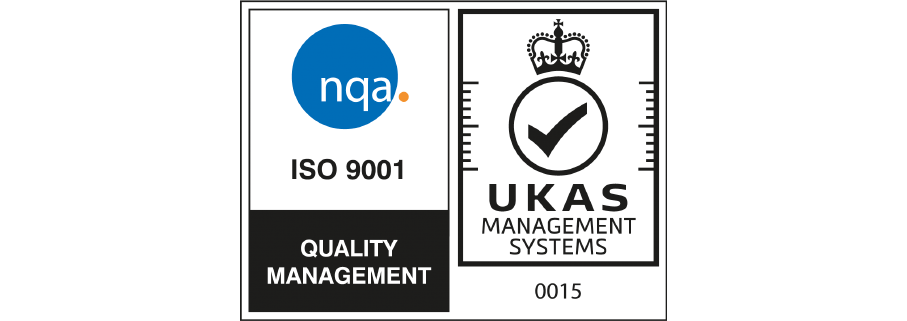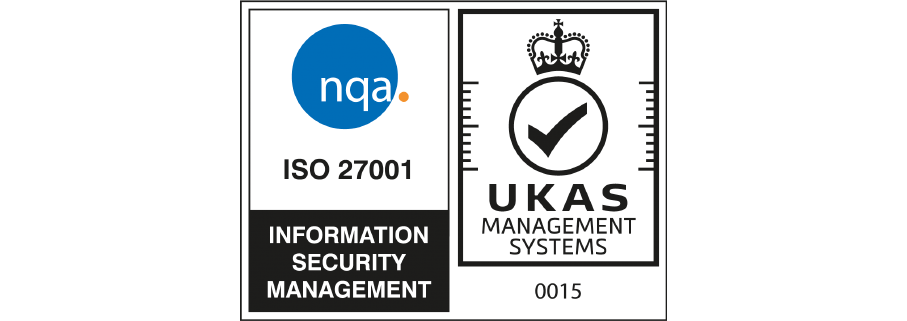/contact Us
- USA: +1 (312) 604 5362
- UK: +44 (0) 161 233 0100
- contact@pentest-limited.com
- UK site
/connect
/about
Pentest Limited is registered in England and Wales with company number 11925182
Registered address: 22 Great James Street, London, WC1N 3ES
VAT registration No: 331802826
© 2019 - Present. Pentest Limited. All rights reserved.





